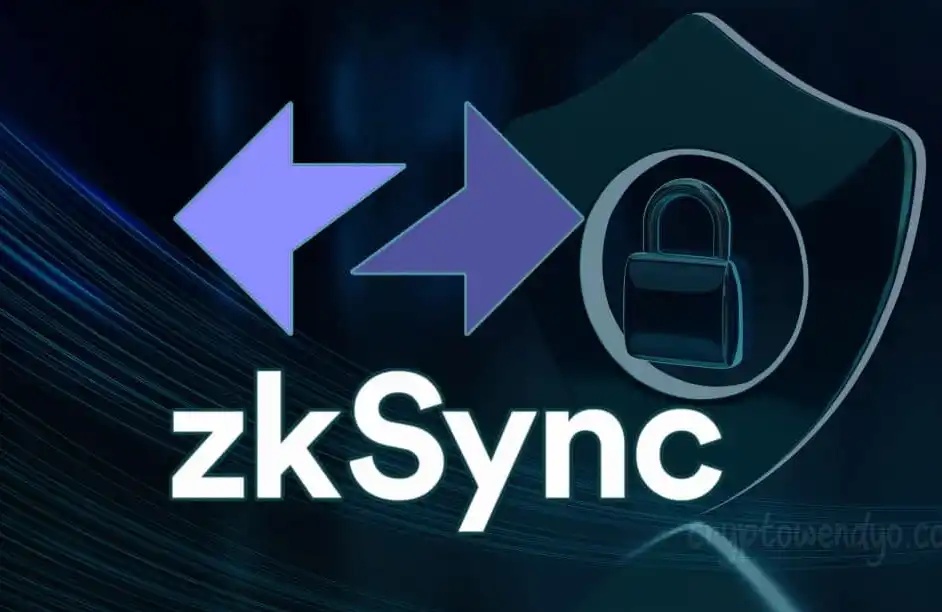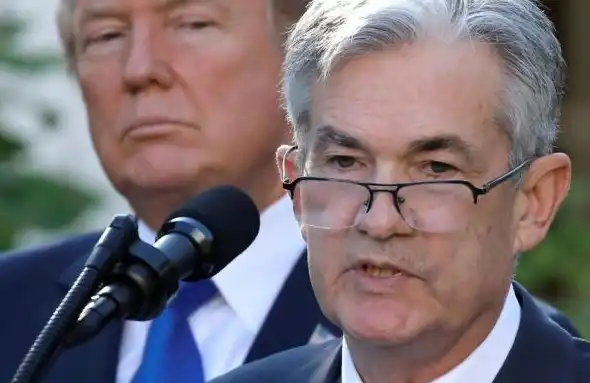U.S. Department of Justice Unbinds for Crypto Platform: Is This Protecting Innovation or Enabling Crime?
Original Article Title: If it's crypto it's not money laundering
Original Article Author: JP Koning, Moneyness
Original Article Translation: Luffy, Foresight News
Recently, US Deputy Attorney General Todd Blanche issued a memo to internal staff stating that the crypto industry is "critical to the nation's economic development." As a result, staff have been instructed not to target cryptocurrency platforms, such as exchanges and mixers like Tornado and ChipMixer, based on "end-user behavior" anymore.
How is "end-user behavior" understood? The memo from Blanche provides further explanation. He specifically mentioned how drug trafficking groups engaged in fentanyl transactions often use cryptocurrency, which is a well-known fact. For example, Tether is a commonly used payment method in fentanyl transactions. However, the Department of Justice then explains that while it will continue to pursue financial crimes by drug trafficking groups, terrorist organizations, and other illicit enterprises, it "will not take action against platforms used by these criminal groups for illicit activities."
This goes against established financial laws worldwide. In traditional financial law, financial institutions are usually held responsible for "end-user behavior," and when criminals use them to "engage in illegal activities," financial institutions are held accountable, which is defined as money laundering in the law.
Money laundering is a two-way crime. On one side are the criminals with dirty money, and on the other side are the criminals' counterparties, the financial intermediaries (banks, cryptocurrency exchanges, remittance platforms) that handle the dirty money, both of which can be prosecuted. Last year, Deutsche Bank was sued because of customers associated with drug trafficking, and financial service providers were held accountable for their users' crimes.
The same applies to sanction evasion. On one side are the sanctioned entities, and on the other side are the financial platforms facilitating their sanction evasion, both of which can be prosecuted.
If, as Blanche implies, cryptocurrency platforms are no longer targeted for "end-user behavior," this effectively means that the second link in money laundering or sanctions violation activities is no longer considered a violation, at least when it comes to cryptocurrency platforms. So, if a drug trafficking group were to deposit dirty money into an exchange like Binance, the exchange would not be investigated, only the drug trafficking group would be pursued.
In practice, cryptocurrency technology has essentially been granted a "get-out-of-money-laundering-jail-free" card. Observers can easily speculate that cryptocurrency platforms may relax compliance measures as a result, since they will not be prosecuted, which in turn will allow more criminals to exploit their services.
The memorandum provides more details. The ongoing Tornado case and ChipMixer case are likely to be dismissed, as the memorandum clearly states that the Department of Justice will no longer target mixing services. Tornado is a smart contract-based mixer, with much of its infrastructure running through automated code execution, while first-generation mixers like ChipMixer are entirely operated manually. Due to a series of criminal convictions, ChipMixer's users were about to disappear, but as the threat of prosecution recedes, they will resurface.
The memorandum prohibits Department of Justice attorneys from targeting "offline wallets," which likely refers to "non-custodial wallets," likely applicable to stablecoins. Stablecoin users can hold stablecoins like USDT or USDC in a personal encrypted wallet in a non-custodial manner or return them to the issuer to redeem them for actual dollars, in which case it is in a "custodial" form. This seems to imply that if bad actors use non-custodial stablecoins, the issuer itself will not be the target of prosecution. If this is encouraging fentanyl trafficking groups to use stablecoins, this is indeed a "brilliant" policy.
This decriminalization of cryptocurrency money laundering behavior acknowledges the many operational methods already in place in the crypto ecosystem. For example, just last week, I reported that stablecoin issuers like Tether and Circle allow sanctioned Russian exchange platform Garantex to hold their stablecoins. The issuers seemingly believe that providing access to entities like Garantex is legal. And now, the government seems to confirm their view by no longer targeting non-custodial wallets based on "end-user behavior."
Now that we have discussed some of the direct legal and technical consequences of this decision, it is necessary to ask: Who will actually benefit from this sudden policy shift? Because obviously, most people will be worse off as a result.
The following is just my speculation, but this policy may be intended to appease and reward the following groups:
· Liberals who voted for Trump, who strangely believe that money laundering should not be a crime.
· Cryptocurrency entrepreneurs in San Francisco who want to build low-cost financial platforms and are unwilling to bear the cost of building expensive compliance programs to prevent criminal usage. These entrepreneurs also hope that their crypto platforms can access bank accounts, with banks having been hesitant in the past due to the high risks of cryptocurrency money laundering. Now that cryptocurrency is exempt, banks need not worry. Cryptocurrency entrepreneurs support Trump, provide funding for him, and are a key part of his administration, so this is a payback to them.
· Trump himself, who seems intent on establishing a bribery and protection system similar to Putin's, which requires a money-laundering-friendly financial infrastructure. The Department of Justice's memorandum may be an initial step in creating this system.
In the long run, banks and other traditional financial service providers may also benefit. As cryptocurrency-based financial activities have now escaped a significant legal constraint, every crypto-friendly financial services provider will be incentivized. This means converting your USD savings account at Wells Fargo into a blockchain-based USD savings account. Doing so can allow banks and fintech companies to reduce compliance costs and increase profits.
Once the entire financial industry leverages this loophole to complete the transformation, money laundering will no longer be a criminal activity, and since the Justice Department no longer prosecutes mixers, everyone will have full anonymity.
From a public welfare perspective, this memo is a disaster. Like theft and fraud, money laundering is unethical and should be punished. Allowing a segment of society to operate outside the law erodes public trust in the government and the financial legal system.
More broadly, society's anti-money laundering laws are a key line of defense against various other crimes. Due to the existence of anti-money laundering laws, the financial system vigorously keeps so-called money laundering predicate crimes such as robbery, human trafficking, and corruption at bay, making it more difficult to carry out these crimes. This deterrent effect prevents many potential criminals from diverting from legal economic activities. Once these laws are repealed, the temptation to commit crimes will significantly increase.
Welcome to join the official BlockBeats community:
Telegram Subscription Group: https://t.me/theblockbeats
Telegram Discussion Group: https://t.me/BlockBeats_App
Official Twitter Account: https://twitter.com/BlockBeatsAsia
 Forum
Forum OPRR
OPRR Finance
Finance
 Specials
Specials
 On-chain Eco
On-chain Eco
 Entry
Entry
 Podcasts
Podcasts
 Data
Data

 Summarized by AI
Summarized by AI







